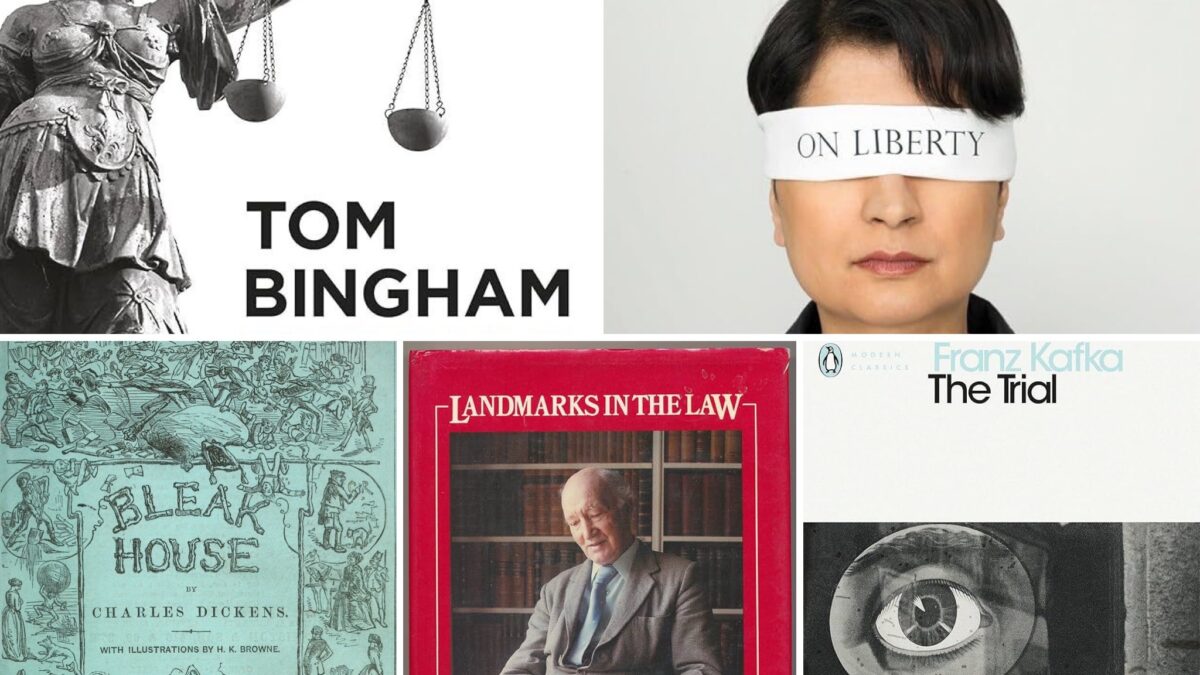
Certain Iranian Assets (Islamic Republic of Iran v United States of America), ICJ, 2023/3
October 20, 2024
Why aren’t Black Lawyers becoming Partners?
October 24, 2024By Reva Naidu.
Reading time: three minutes
Legal reading isn’t just about textbooks, case briefs, and journals. From Denning to Dickens, each of the five books in this listicle provide a unique perspective and points of view regarding the theory of law, and its application. A combination of fictional, non-fictional, modern, and classic works, that span a range of sectors – from public law, to civil disputes, to human rights, rounds out this list of essential reads for any law student.
1. The Rule of Law by Tom Bingham (2010)
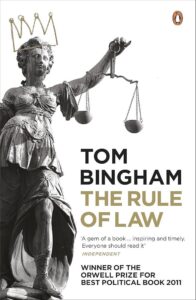
Starting off with a well-known classic!
Thomas Henry Bingham was, and still is, one of the most well-known judges in England and Wales in the final years of the 20th century and the first decade of the 21st. He was the first judge to occupy the three important positions of Senior Law Lord, Lord Chief Justice, and Master of the Rolls in succession.
“No one is above the law.” This is the statement that underpins his book, which is an essential part of the United Kingdom’s unwritten constitution. It suggests that laws should be fair and applicable to all parties, that they should be transparent and explicit, and that legislators have an obligation to rule within the bounds of their power. He lists eight principles that, in his opinion, are necessary for a legal system to operate properly. Then he discusses how these concepts are also the cornerstones of contemporary democracies. An essential read for those enthusiastic about public law, and the common law system.
2. On Liberty by Shami Chakrabarti (2014)
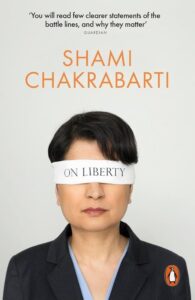
Baroness Shami Chakrabarti is a Labour politician, attorney, and former director of the human rights organisation Liberty. She is a member of the House of Lords.
‘On Liberty” is one of my personal favourites, as it was the book that planted the passion of human rights in me. Shami Chakrabarti, who joined Liberty, the premier civil rights organisation in the UK, on September 10, 2001, examines the importance of our fundamental freedoms and rights in her book On Liberty. She also demonstrates the extraordinary pressures those rights are currently facing. By referencing her personal involvement in well-known campaigns ranging from anti-terror measures to privacy laws, Chakrabarti illustrates the dangers to our democratic institutions and the reasons that protecting human rights is crucial to maintaining democracy.
3. Bleak House by Charles Dickens (1852)
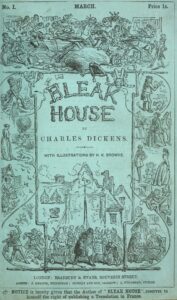
In Bleak House, Dickens, one of, if not the most, famous English novelist from the Victorian era, chronicles the Jarndyce family, who have been waiting impatiently to receive money from a contested fortune as part of the settlement of Jarndyce v. Jarndyce. The Court of Chancery in England, where cases might take decades to resolve through intricate legal wrangling, is sharply criticised in the novel. Dickens skilfully blends irony, comedy, and scathing societal commentary throughout the entire novel and addresses a number of subjects in Bleak House, significantly, poverty, the Chancery, and political corruption
The essential aspects of civil dispute resolution are apparent upon reading the book which emphasises, although subtly, the need to simplify the length of legal processes, which may become inaccessible at large due to their prolonged and expensive nature.
4. Landmarks in the Law by Lord Denning (1984)
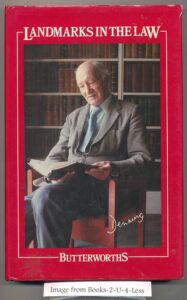
Lord Denning describes “some of those great cases, of which students of history and law ought to know much but of which they know little or nothing” in Landmarks in the Law.
All readers will be familiar with the instances and people covered in Landmarks in the Law, which are categorised under topics such High Treason, Freedom of the Press, and Murder, amongst others. Lord Denning provides explanations and details of those cases that have shaped the English legal system, in his signature punchy and compelling style. A book that will inform the opinions of every law student that picks it up – often declared impactful and ‘unputdownable’.
5. The Trial by Franz Kafka (1925)
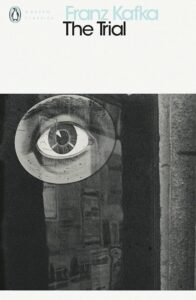
German-language author Franz Kafka (1883-1924) created visionary fiction that captured the loneliness and anxiety that many people in 20th-century Europe and North America felt, in an incredibly realistic manner.
On “one fine morning,” two warders arrest Joseph K., a young, aspirational, and well-travelled bank official, even though he has done nothing wrong. K. is furious and upset. It so happens that this morning is his thirty-first birthday. On the morning of K’s thirty-first birthday, a year later, two warders show up for him once more. In the name of the Law, they drag him to a quarry beyond the town limits and execute him. K. permits them.
The Trial recounts K.’s case during the interim year, including his battles and run-ins with the untouchable Court and the invisible law. In the end, it is a story about state-induced self-destruction. Kafka’s satirical and cynical take on the legal system is once every law student would enjoy.
Every one of these noteworthy books provides students with a holistic and varied approach to the subject, rounding out their knowledge and offering a perspective they may not come across in their academic pursuits of law.


